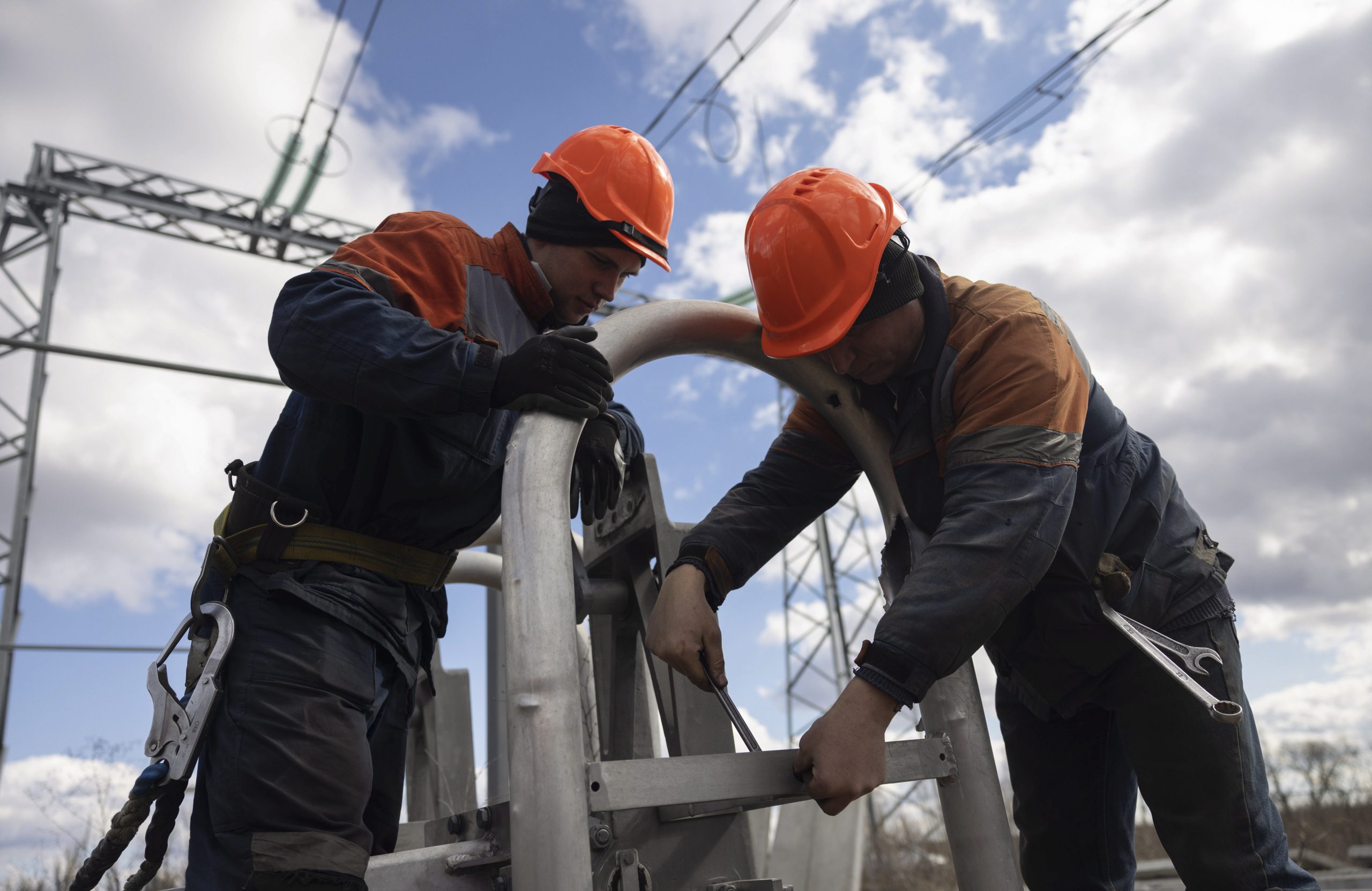The Impact of Ukraine’s Accession on the EU’s Economy: The Value Added of Ukraine
The groundwork for Ukraine’s integration into the EU’s single market was laid by the EU-Ukraine Association Agreement (AA). A key component of the AA, the Deep and Comprehensive Free Trade Area (DCFTA), paved the way for Ukraine’s gradual integration into the EU’s single market.
Read more



















